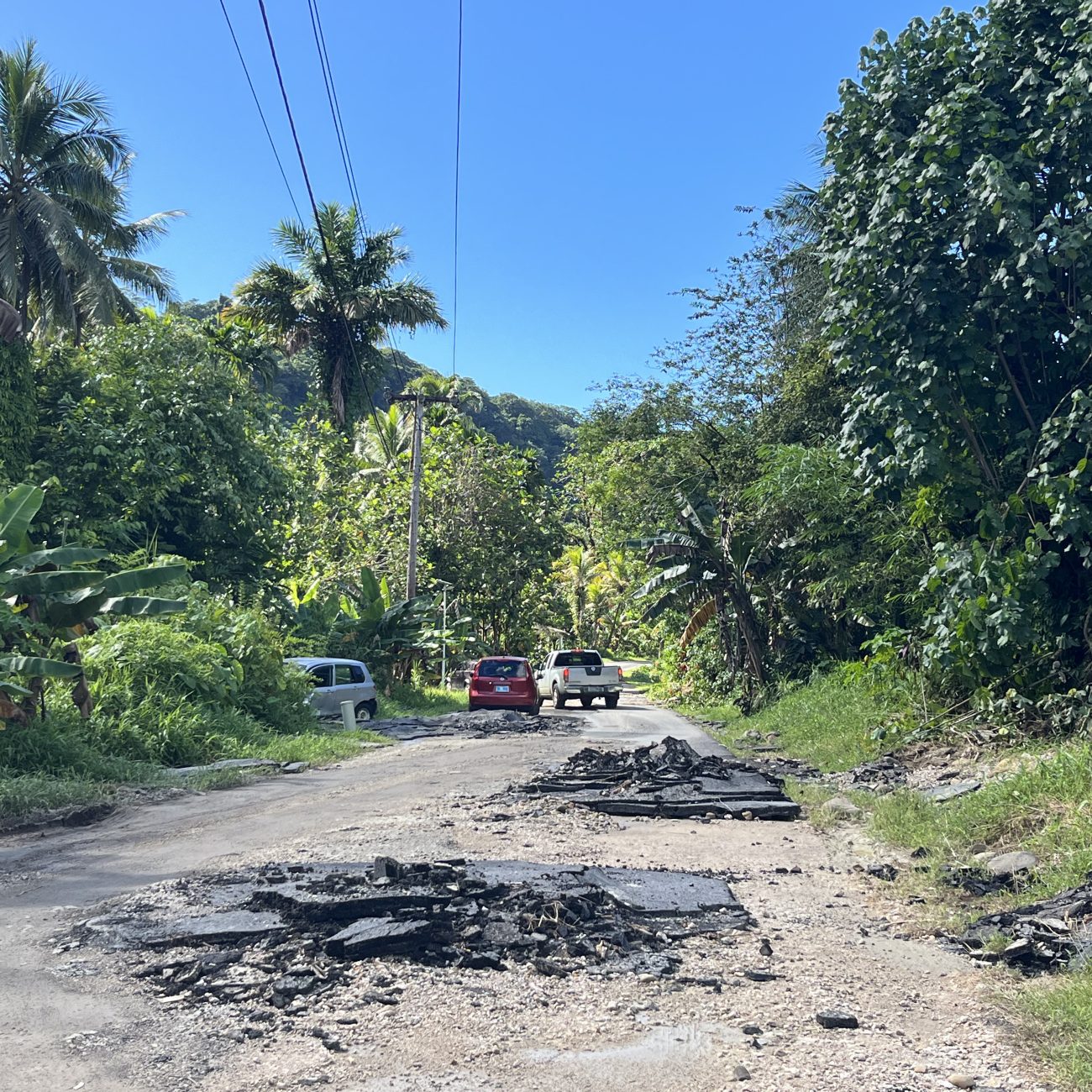The overarching objective of PRIME project was to improve the climate resilience of FSM’s Road Network through four pillars: utilizing spatial and sector planning tools, investing in climate resilient infrastructure, strengthening the enabling environment, and supporting post-disaster recovery.
This assignment was part of the first component of the PRIME project and included the development of a vulnerability assessment framework and climate resilient road strategy to assess the level of vulnerability to climate change and extreme weather events across 360 km of FSM’s existing primary and strategy secondary roads (as identified by the GoFSM). Based on the results of such vulnerability assessment, the assignment also identified adaptation options to increase roads resilience, prepared a prioritized plan of investments at short, medium, and long term; reviewed and proposed reforms to sector policy and standards; and supported ongoing capacity building throughout the process.
The scope of works, included the following main tasks:

Calle Núñez de Balboa, 120
28006 Madrid
Spain
Tu privacidad es importante
Nosotros y nuestros partners usamos cookies para personalizar el contenido y pueden recopilar información no confidencial. Para más información visita las Condiciones de uso.